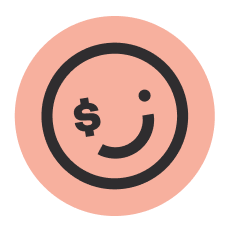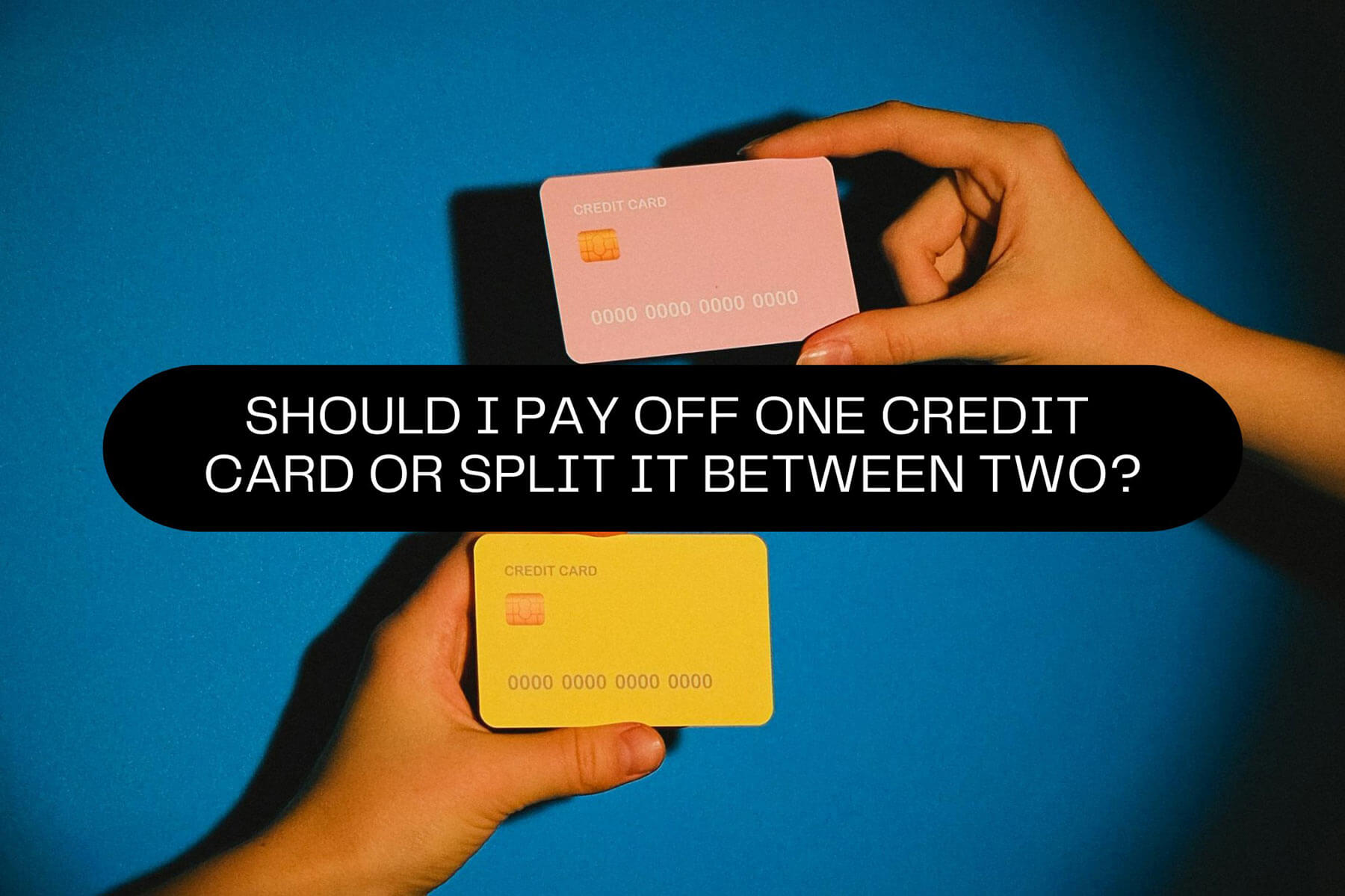Table of contents
- Is it better to pay off one credit card in full or half of two?
- Budget how much you can allocate to pay off credit cards
- Understanding your credit utilization ratio
- Paying off high-interest credit cards first
- Paying off the credit card with the smallest balance first
- Balance transfer to a 0% APR credit card
- Continue making your minimum monthly payments
- Should you close a credit card account when it's paid off?
So you're ready to tackle your credit card debt, but you have balances on several cards. Should you pay off one card entirely – and if so, which one? – or pay down multiple cards simultaneously? The following advice can help you understand how to manage credit card debt and decide which card payment to prioritize.
Is it better to pay off one credit card in full or half of two?
The optimal way to pay off multiple credit cards will depend on various factors, such as your current debt levels and what your most urgent financial goals are.
If you need to raise your credit score fast you should be paying attention to the credit utilization ratio on each card, but if your biggest concern is reducing interest charges then it’s each card’s percentage rate (APR) that matters the most.
Budget how much you can allocate to pay off credit cards
Start by summing up all your monthly expenses, including bills and necessities like groceries, and subtract this from your total monthly income. This will help you determine how much you can set aside for credit card debt repayment.
Understanding your credit utilization ratio
Your debt-to-credit ratio (also known as your credit utilization ratio or debt utilization ratio) is calculated by dividing your debt by your available credit. Keeping this ratio low is crucial as it significantly influences your credit score.
Both the credit utilization of each individual card, and the overall utilization of all cards combined, is taken into account when your credit score is determined. If your goal is to improve your credit score quickly, you should pay off some balance on all cards with high balances, and especially any that are maxed out.
Paying off high-interest credit cards first
Paying off the card with the highest interest rate first is one way to manage credit card debt, known as the “debt avalanche method.”
Although some suggest paying off your smallest debt first because it feels more manageable, you might save more on interest over time by focusing on high-interest debt. Once the credit card with the highest APR is paid off, apply that payment amount to the card with the next highest APR, helping you pay it off faster. Continue this method with each remaining credit card.
One exception: If you're nearing the credit limit on a card, prioritize paying down that balance to prevent interest charges from pushing you over the limit, which could result in fees.
Paying off the credit card with the smallest balance first
Another approach, known as the “debt snowball method,” involves paying off the card with the smallest balance first.
Imagine a snowball rolling down a hill, growing as it gathers more snow. When you eliminate the smallest balance first, you can then use that payment amount to tackle the next smallest balance. As each balance is paid off, the amount you can pay on the next card grows, accelerating your debt repayment.
Balance transfer to a 0% APR credit card
Some credit cards offer 0% introductory APRs. How do these work?
Transferring balances to a card with a low introductory APR can save you on interest while paying down debt. However, read the fine print: some cards charge a balance transfer fee, usually a percentage of the amount transferred. Also, note how long the introductory offer lasts. After it expires, the interest rate may increase, affecting the remaining balance and any new charges.
Continue making your minimum monthly payments
Regardless of which strategy you employ to pay down your credit card debt, always make the minimum monthly payment on each card. Don’t skip payments on one card to use those funds for another. While this might help you clear one card’s balance faster, you could incur late fees and other penalties on the unpaid card, costing you more in the long term.
Should you close a credit card account when it's paid off?
As you reduce your credit card debt, you might wonder whether to close the account. This decision depends on your credit history and personal circumstances, but it is generally not recommended.
If you close the account, you lose that credit, which can increase your overall credit utilization ratio, decrease your total credit limit and the average age of accounts, all of which will lower your credit score.
If the card has an annual fee that you don’t want to continue paying, consider calling the credit lender and asking to downgrade your account to a different no-fee credit card instead.
The best strategy for paying off multiple credit cards largely depends on your financial situation and what your financial goals are. Determining which card to pay off first may be influenced by the interest rates, utilization rates, or the balances of each card. With this information, you can start taking steps to eliminate debt on multiple credit cards.




.png)










.png)










